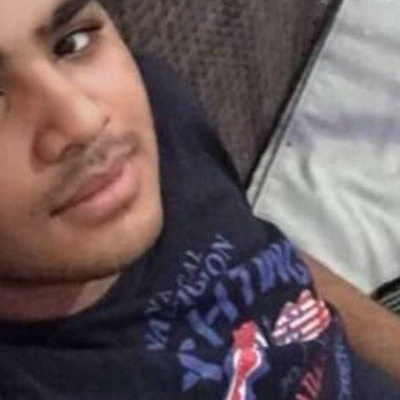Six months ago today, Saudi Arabia’s Human Rights Commission announced that a new Royal Decree would end death sentences for people who committed ‘crimes’ as children – people like Mohammed Essam al-Faraj.
But Mohammed sits in a Saudi Arabian prison today facing the threat of a death sentence.
His trial is coming up. Time is running out for the Kingdom to step up and show the world that their Royal Decree was more than a mere PR stunt.
Mohammed was 15 years old – a child – when he was arrested outside a bowling alley in Medina, Saudi Arabia, in 2017. He was held in an adult prison and tortured until he signed a ‘confession’. He was never allowed access to a lawyer.
The ‘crimes’ on his charge sheet are all non-violent. They include attending a funeral when he was just nine years old and participating in protests. The authorities can criminalise attendance of any gathering – including funerals and protests – if according to them the gathering ‘threatens social cohesion’.
So attending funerals and protests is enough to threaten Mohammed with a death sentence, even though he was a child at the time of his so-called ‘crimes’.
Despite global recognition and praise of the Royal Decree in the press, it remains unpublished. Decision-makers in the Kingdom have yet to offer any indication of when it might take effect – Mohammed waits anxiously, hoping that the reforms will save his life.
Ali al-Nimr, Dawood al-Marhoon and Abdullah al-Zaher are three other Reprieve clients who committed death-eligible protest ‘crimes’ when they were under 18. Unlike Mohammed, they have already been sentenced to death. In August, Saudi Arabia announced that the Public Prosecutor had referred their sentences for review.
In spite of this promise, the Saudi Arabian authorities have not published any information about how this review will happen or when it will take place.
In 2018, Saudi Arabia’s leader told the UN Human Rights Council that they had eliminated the death penalty for child defendants in their report under the Universal Periodic Review procedure. Six child defendants were executed in 2019 – their statement to the HRC was shown to be a lie.
The Royal Decree may have been another attempt by the Saudi Arabian authorities to clean up their image on the international stage. It didn’t work – they failed to secure a seat on the UN Human Rights Council earlier this month.
For a real change to their image, they need to listen to the thousands of people in the Reprieve community demanding justice for Mohammed, Ali, Dawood and Abdullah.
Update: Mohammed’s court date has been set for October 29, 2020.
